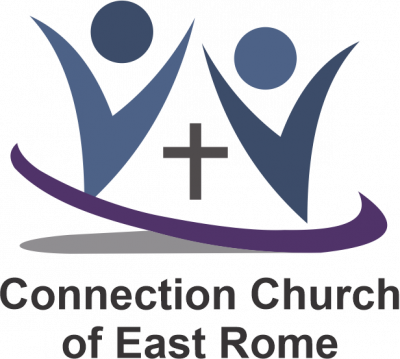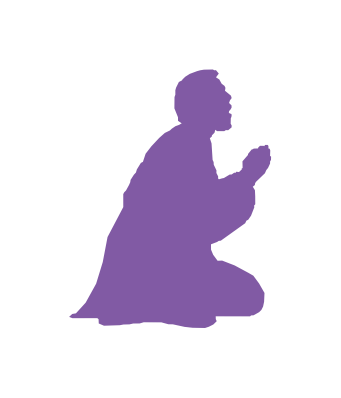Paul wrote to Timothy that the church needs to prioritize prayer. He said, “First of all I urge that prayers and petitions be made on behalf of all men, for kings and all who are in authority…” Then, he says, “therefore I want men in every place to pray, lifting up holy hands, without wrath and dissension.” We focus many times on the subject or content of our prayers, which is important. But Paul also addresses the condition of our heart and the position of prayer. He tells men to lift up holy hands.
(1Timothy 2:1-4, 8) “First of all, then, I urge that entreaties and prayers, petitions and thanksgivings, be made on behalf of all men, {2} for kings and all who are in authority, in order that we may lead a tranquil and quiet life in all godliness and dignity. {3} This is good and acceptable in the sight of God our Savior, {4} who desires all men to be saved and to come to the knowledge of the truth….{8} Therefore I want the men in every place to pray, lifting up holy hands, without wrath and dissension.”
When I think of lifting holy hands, several thoughts come to mind. First, hands refer to the things that we do. If we put our hands towards a task, it means that we are giving ourselves to accomplish the task. When James speaks to sinners of cleansing their hands, he is telling them to repent of the evil things that they have been doing. Holy hands mean that we are innocent of doing evil things. This is also what David has in mind when he speaks of how a man of integrity has clean hands and a pure heart.
(James 4:8) “Draw near to God and He will draw near to you. Cleanse your hands, you sinners; and purify your hearts, you double-minded.”
(Psalms 24:4) “He who has clean hands and a pure heart, Who has not lifted up his soul to falsehood, And has not sworn deceitfully.”
When I think of holy hands, I also think of consecrated and anointed hands. When the priests consecrated themselves, they consecrated their clothes, their bodies, and all the utensils that were used. Everything was consecrated and was considered holy. When we consecrate ourselves to the Lord, our hands are holy hands.
Another thought that comes to mind about lifting holy hands is the Hebrew word yadah (Strong’s H3034). It literally means to throw a stone or arrow, or to extend the hands. At times it is translated as praise the Lord. (See Psalms 43:4 or Psalms 67:3,5.) Many times, it is translated as thanks. When people gave thanks to the Lord, they lifted up their hands in praise. (See Psalms 75:1.) However, it is often translated as confess, as in confessing sin. (See Numbers 5:7.)
Finally, I think of Moses. As long as his hands were lifted, Israel defeated their enemy. When his arms got heavy and dropped, the enemy prevailed. Therefore, they brought a rock to support his hands; and then Aaron and Hur supported his arms. The lifting of hands signified victory. (See Exodus17:11-13.)
The lifting of holy hands could possibly represent coming to the Lord in praise and thanksgiving. It could be coming to Him in a spirit of repentance and confession. It could be in faith for the victory. The next time you begin to offer prayers and entreaties, consider lifting up holy, consecrated, victorious hands.

